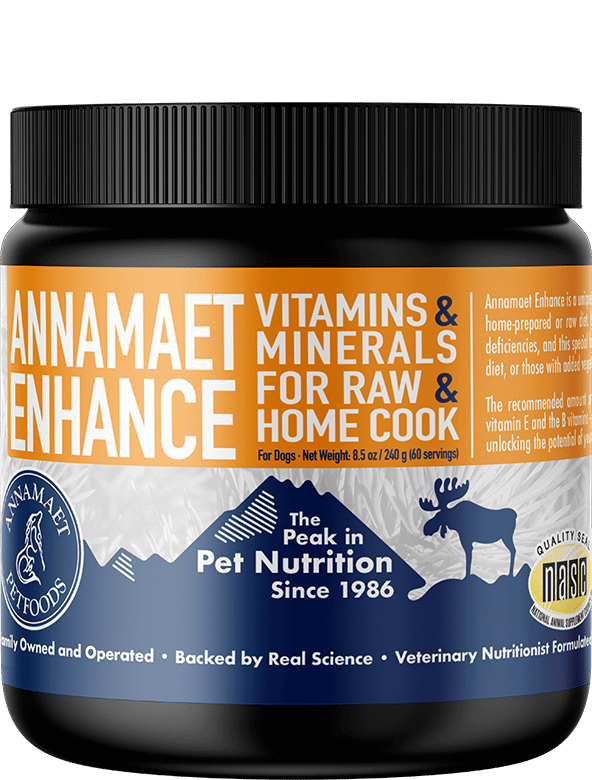I care for a colony of 5 cats. I've been feeding them, for the most part, raw food for the past 7 out of 11 years. They were fed canned food in the beginning as well as in times I haven't been able to make raw food.
I've done quite a bit of research for recipes over the years and find myself overwhelmed with conflicting information. I've used a couple of different recipes but don't feel 100% confident they're getting everything they need. They love the raw food and prefer it over canned.
Except for one cat, who was just diagnosed with hyperthyroidism (I posted in the Medical Dis-Ease Challenges folder about this earlier today), everyone seems to be doing well - good attitudes, soft fur, etc. I don't see their poo habits since they're outdoors.
Does anyone have any specific homemade raw food recipes for cats that I can feel confident about the nutritional value meeting their needs? I use organic chicken for both recipes. Due to the expense, I'm not able to offer them much variation on proteins or buy pre-mixes. They'll occasionally get pre-ground turkey thigh mixed in.
I buy whole chickens and grind them up, bones and all, then add in the other supplements. I make large batches every two weeks and freeze them in pint jars. I add some supplements that might loose efficacy from freezing into the thawed food before serving them.
I've done quite a bit of research for recipes over the years and find myself overwhelmed with conflicting information. I've used a couple of different recipes but don't feel 100% confident they're getting everything they need. They love the raw food and prefer it over canned.
Except for one cat, who was just diagnosed with hyperthyroidism (I posted in the Medical Dis-Ease Challenges folder about this earlier today), everyone seems to be doing well - good attitudes, soft fur, etc. I don't see their poo habits since they're outdoors.
Does anyone have any specific homemade raw food recipes for cats that I can feel confident about the nutritional value meeting their needs? I use organic chicken for both recipes. Due to the expense, I'm not able to offer them much variation on proteins or buy pre-mixes. They'll occasionally get pre-ground turkey thigh mixed in.
I buy whole chickens and grind them up, bones and all, then add in the other supplements. I make large batches every two weeks and freeze them in pint jars. I add some supplements that might loose efficacy from freezing into the thawed food before serving them.


